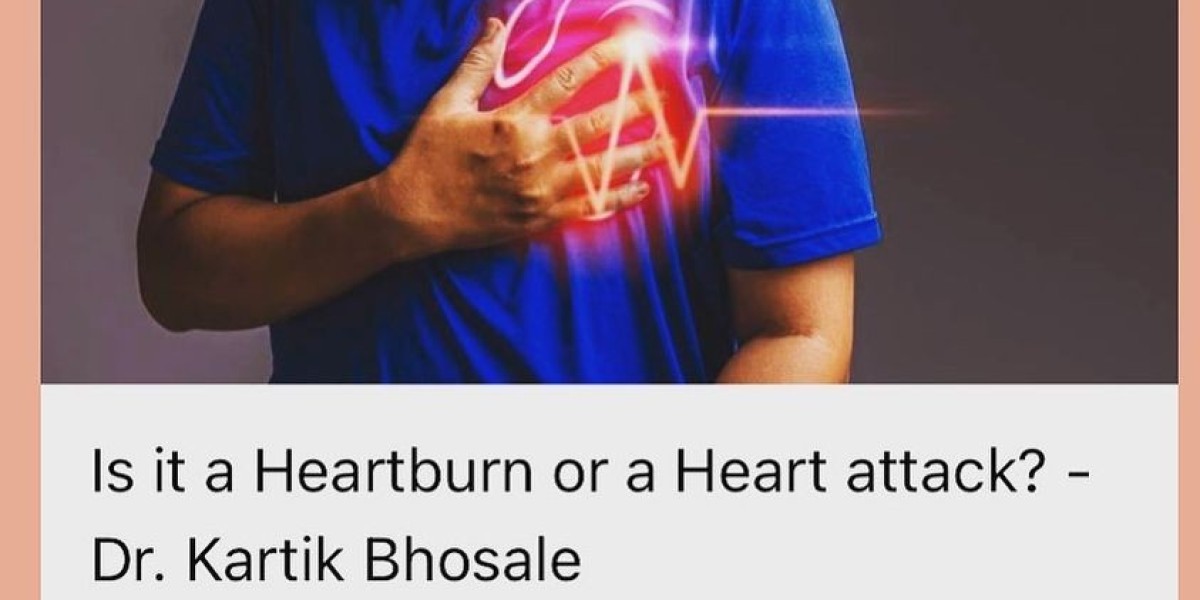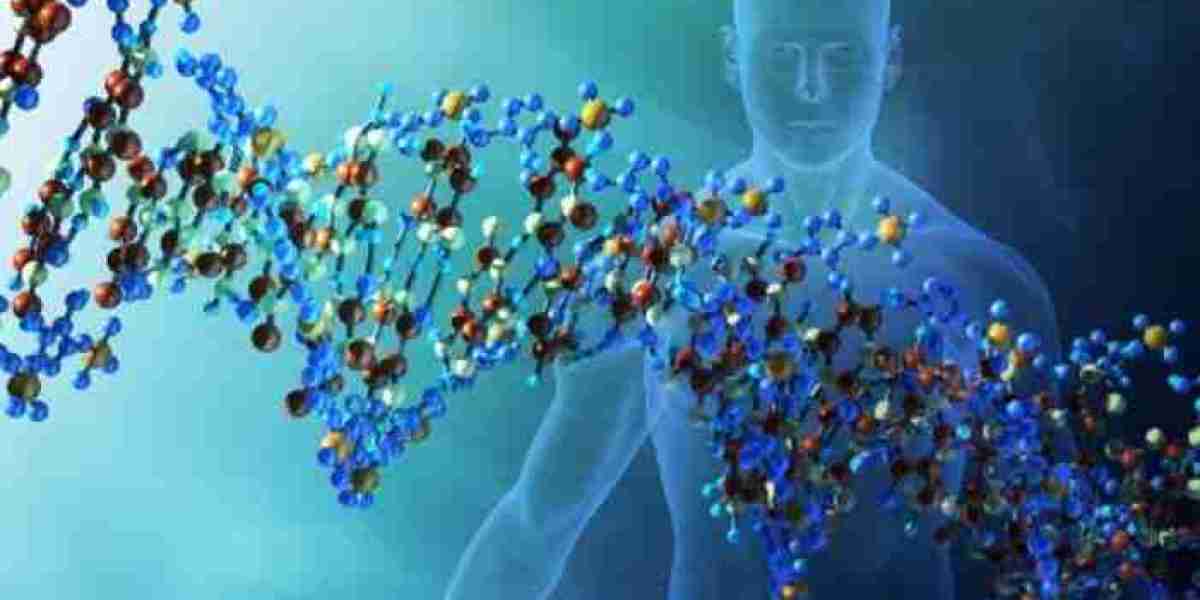Is It A Heartburn Or A Heart Attack?
Are you experiencing chest pain but not sure whether it is heartburn or a heart attack? Don’t worry, this blog will help you guys out. Severe heartburn and a heart attack can be hard to tell apart. Heartburn, angina, and heart attacks may feel very much alike. In this blog, Dr. Kartik Bhosale guides us on how we can differentiate between heartburn and a heart attack.
What is heartburn?
Heartburn is discomfort or actual pain caused by digestive acid moving into the stomach tube that carries swallowed food to your stomach (esophagus).
Typical features of heartburn include:
- A burning sensation in the chest that may also involve the upper abdomen
- Usually occurs after eating or while lying down or bending over
- May awaken you from sleep, especially if you have eaten within two hours of going to bed
- Is usually relieved by antacids
- May be accompanied by a sour taste in your mouth — especially when you’re lying down
- May be accompanied by a small amount of stomach contents rising into the back of your throat (regurgitation)
What signs and symptoms are more likely to occur with a heart attack than with a heartburn?
The signs and symptoms of a heart attack vary greatly from person to person. Heartburn itself can accompany other symptoms of a heart attack.
Typical heart attack signs and symptoms include:
- Pressure, tightness, or a squeezing sensation in your chest or arms that may spread to your neck, jaw or back
- Which might be associated with Nausea, indigestion
- Shortness of breath
- Cold sweat
- Fatigue
- Lightheadedness or sudden dizziness
But women are more likely than men to experience some of the other symptoms, such as jaw or back pain, shortness of breath, and nausea or vomiting. Heart problems are more common among people who have high blood pressure, diabetes or high cholesterol. Smoking and being overweight are other risk factors.
What's the best thing to do if you have chest pain and you're not sure what's causing it?
First do not get panic and ask for help from a nearby person. If you have persistent chest pain and you aren’t sure it’s heartburn, call for emergency medical help or Visit the nearest hospital immediately. If you had an episode of unexplained chest pain that went away within a few hours, then take a nearby cardiologist opinion. Both heartburn and a developing heart attack can cause symptoms that subside after a while. For differentiation, some blood tests are necessary such as ECG, Cardiac Marker levels, 2D ECHO or stress test. So never ignore any chest pain and visit a cardiologist to know the reason.



